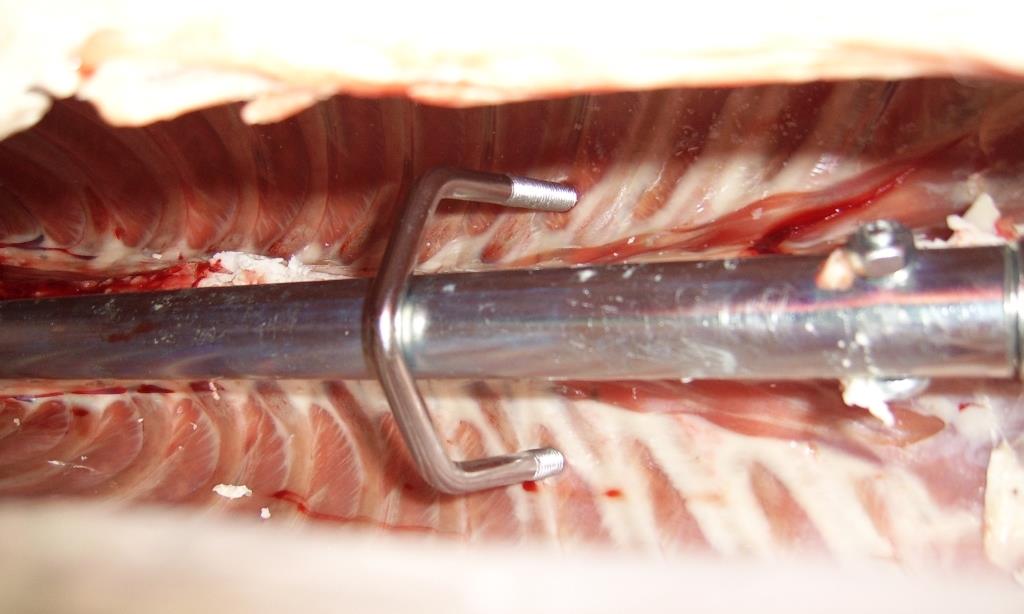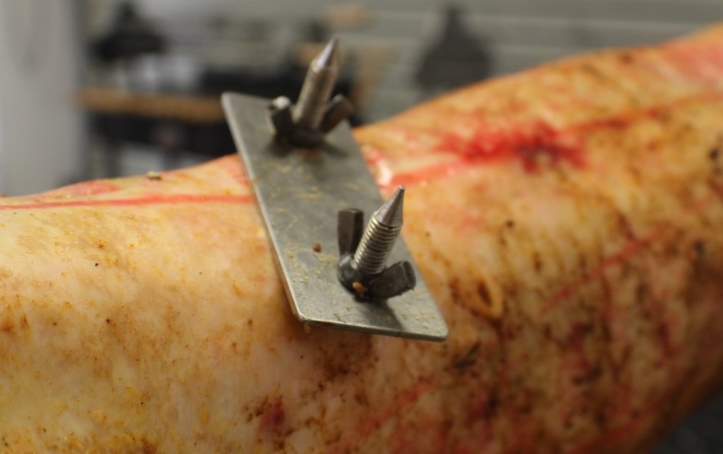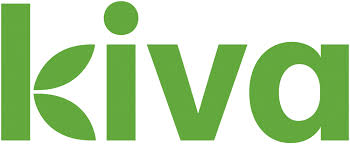How to Use a Back Brace For Spit Roasting a Lamb
I’m quite often asked by customers, what do I need a back brace for? 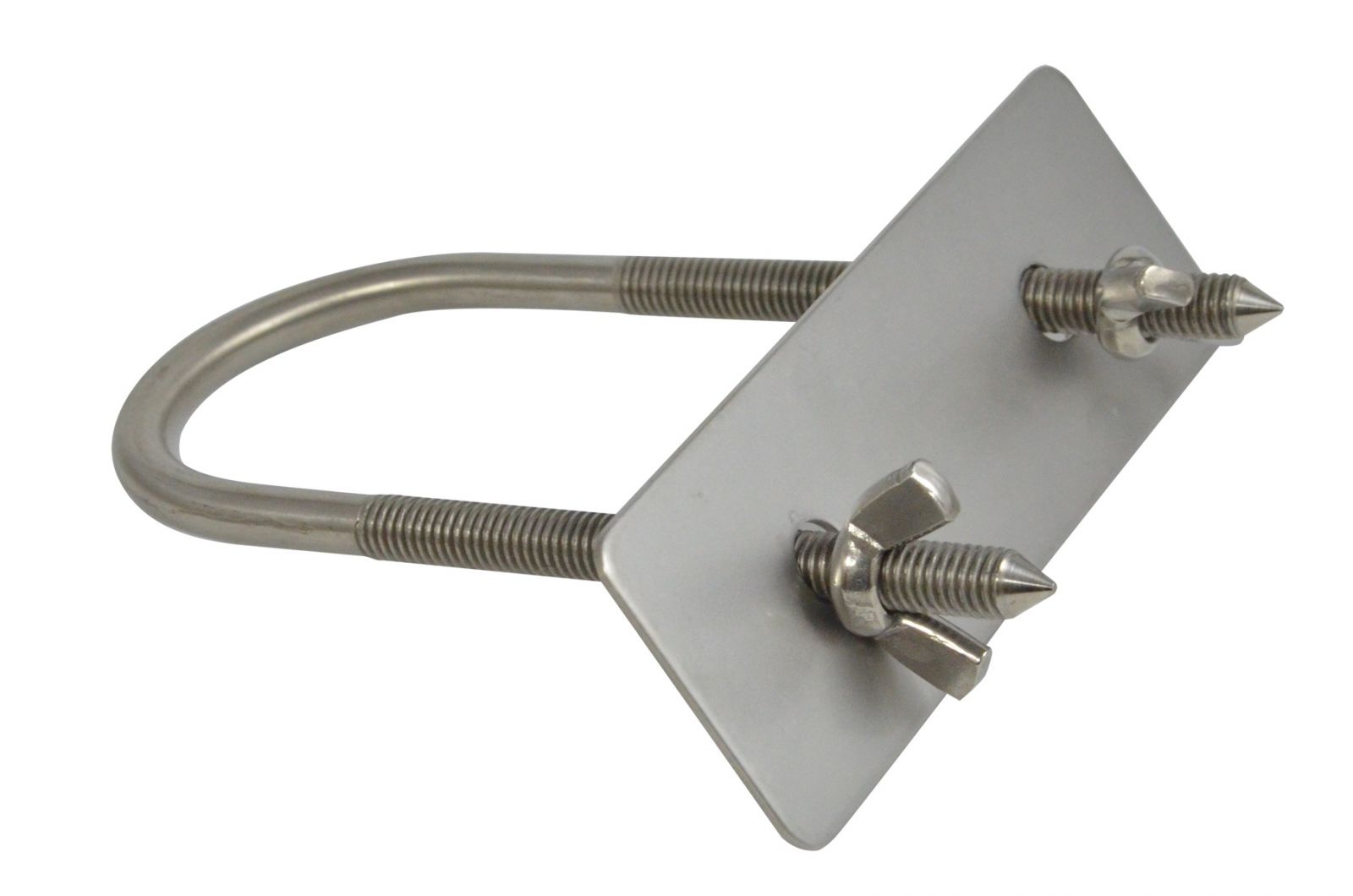
Now if you’re just cooking pieces of meat, gyros, chickens, or anything other than a whole animal, you actually don’t need to use a back brace. If however, you’re cooking a whole animal such as a lamb, pig or goal, a back brace is absolutely essential. A back brace goes through the spine of the animal and around the skewer. It assists in securing the centre of the animal to the skewer so that during cooking, the back doesn’t bend and flop around. An unsecured animal will gradually come loose, become unbalanced and put extra strain on your spit roast motor.
A back brace for a spit is essentially just a U bolt with a flat plate secured by 2 wing nuts. It is important that the ends of the U bolt are made into a point so that they can be pierced through the back of the animal easily.
The first step in attaching a back brace to the spine of the animal is to remove the wing nuts and flat plate.
Secondly, pass the U through the inside of the stomach cavity so that the U of the back brace straddles the spit roast skewer and the spine of the animal. If you’re using a 2 piece skewer, make sure that you don’t have the back brace directly over the join otherwise you may find that the spit roast skewer could bend due to the pressure of tightening the back brace.
Now if you’re having any trouble pushing the back brace through the animal, use a sharp knife to pierce the skin to make it easier to push them back brace through. Once the back brace has penetrated through the animal, attach the flat plate onto the U bolt and secure it in place using the 2 wing nuts. Tighten enough so that the back brace is secure, however, do not fully tighten until the animal is affixed to the skewer entirely using the large prongs and leg holders.
Here is an accessories pack for rigging up a full animal.
Below is a video example of how to use a back brace for spit roasting a lamb
If for whatever reason you cannot find your back brace and there is no way of ordering one in time for your next lamb on a spit, an alternative
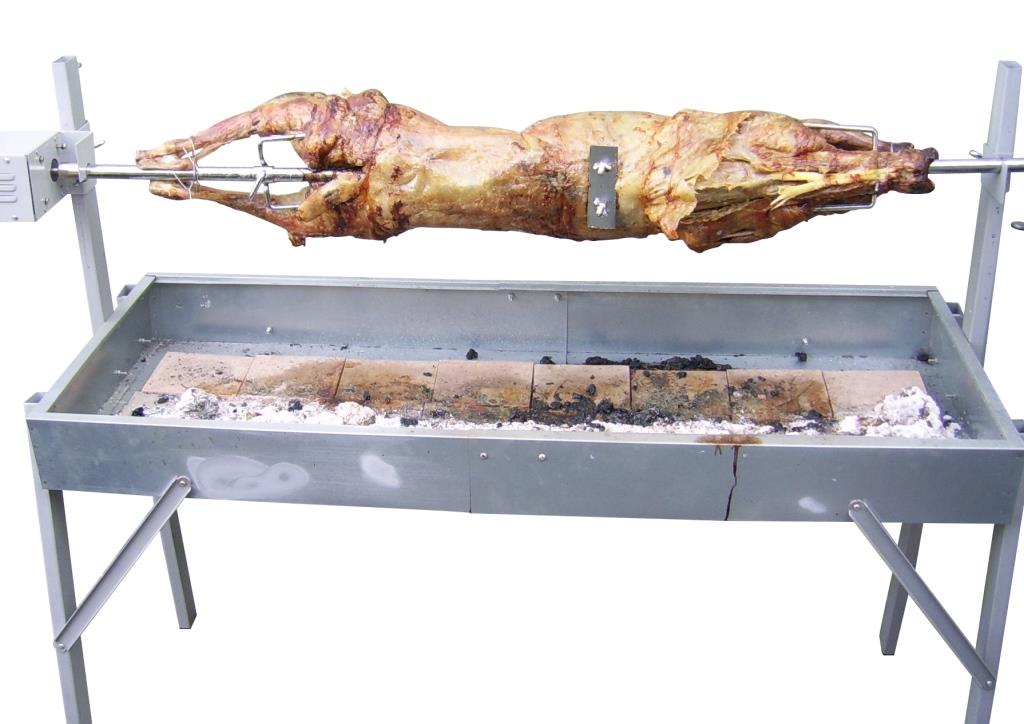 would be to use some stainless steel wire to secure the back of the animal to the skewer. To do this, thread the wire through the back of the animal, around the skewer and then through the back again. This should be a minimum of six times in the same spot so that the wire thickness is sufficient to hold the animal in place.
would be to use some stainless steel wire to secure the back of the animal to the skewer. To do this, thread the wire through the back of the animal, around the skewer and then through the back again. This should be a minimum of six times in the same spot so that the wire thickness is sufficient to hold the animal in place.Again, this is the last resort if you have no other alternative. I must stress that the result of not securing the animal correctly is that the animal will not be balanced and will not rotate evenly on the skewer. It might seem ok at first, however, throughout the cooking process, the composition and weight distribution of the lamb will change. The best-case scenario is that your meat will be a little burnt on one side and slightly underdone on the other side. Worst case scenario is that your lamb falls into the fire and you've stripped the gearbox in your motor.
I don't say this to scare you, I say this to help you be as fully prepared as you possibly can be. Spit roasting is an enjoyable event that takes the stress out of cooking for a large number of people. The last thing you need is a malfunction (and ordering in pizzas at the last minute) which could have been completely avoidable with proper planning.




